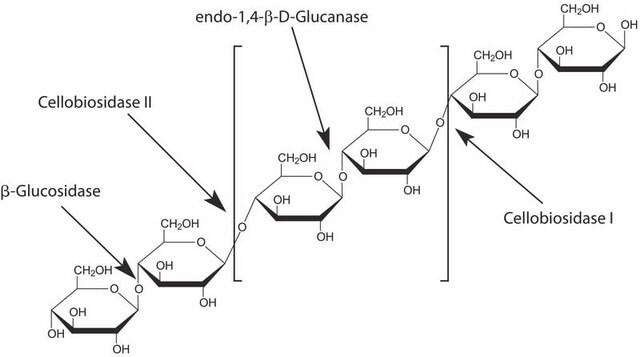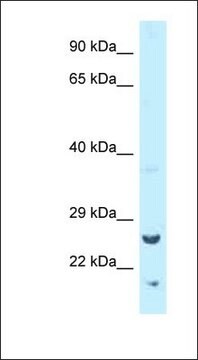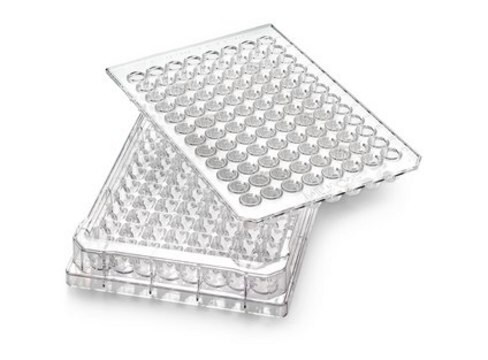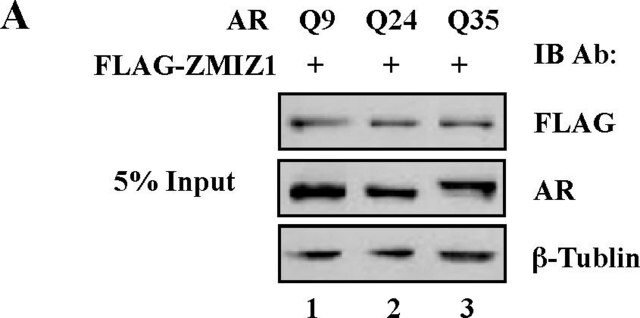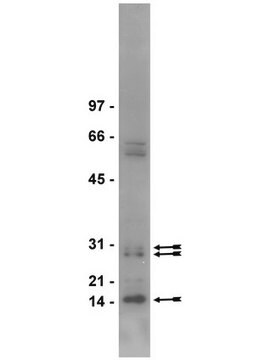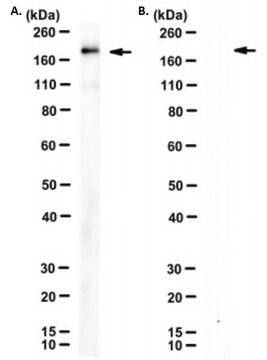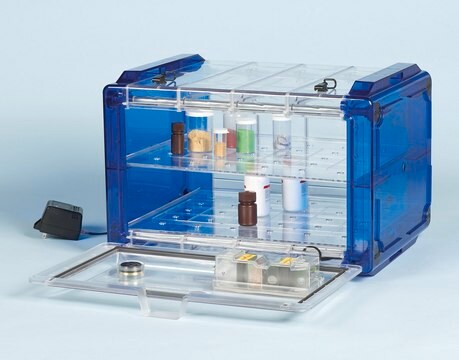ABC458
Anti-Thymidylate Kinase/TMPK Antibody
from rabbit
Sinónimos:
Thymidylate kinase, dTMP kinase
About This Item
Productos recomendados
origen biológico
rabbit
Nivel de calidad
forma del anticuerpo
purified antibody
tipo de anticuerpo
primary antibodies
clon
polyclonal
reactividad de especies
human
técnicas
immunoprecipitation (IP): suitable
western blot: suitable
Nº de acceso NCBI
Nº de acceso UniProt
Condiciones de envío
wet ice
modificación del objetivo postraduccional
unmodified
Información sobre el gen
human ... TK1(7083)
Descripción general
Inmunógeno
Aplicación
Apoptosis & Cancer
Apoptosis - Additional
Immunoprecipitation Analysis: A representative lot from an independent laboratory immunprecipitated Thymidylate Kinase/TMPK from MCF-7, H184B4F5/M10, and MCF-10A cell lysates (Ke, P. Y., et al. (2005). Genes Dev. 19(16):1920-1933.).
Western Blotting Analysis: A representative lot from an independent laboratory detected Thymidylate Kinase/TMPK in MCF-7, H184B4F5/M10, and MCF-10A cell lysates (Ke, P. Y., et al. (2005). Genes Dev. 19(16):1920-1933.).
Calidad
Western Blotting Analysis: 2 µg/mL of this antibody detected Thymidylate Kinase/TMPK in 10 µg of Jurkat cell lysate.
Descripción de destino
Forma física
Almacenamiento y estabilidad
Otras notas
Cláusula de descargo de responsabilidad
¿No encuentra el producto adecuado?
Pruebe nuestro Herramienta de selección de productos.
Código de clase de almacenamiento
12 - Non Combustible Liquids
Clase de riesgo para el agua (WGK)
WGK 1
Punto de inflamabilidad (°F)
Not applicable
Punto de inflamabilidad (°C)
Not applicable
Certificados de análisis (COA)
Busque Certificados de análisis (COA) introduciendo el número de lote del producto. Los números de lote se encuentran en la etiqueta del producto después de las palabras «Lot» o «Batch»
¿Ya tiene este producto?
Encuentre la documentación para los productos que ha comprado recientemente en la Biblioteca de documentos.
Nuestro equipo de científicos tiene experiencia en todas las áreas de investigación: Ciencias de la vida, Ciencia de los materiales, Síntesis química, Cromatografía, Analítica y muchas otras.
Póngase en contacto con el Servicio técnico
